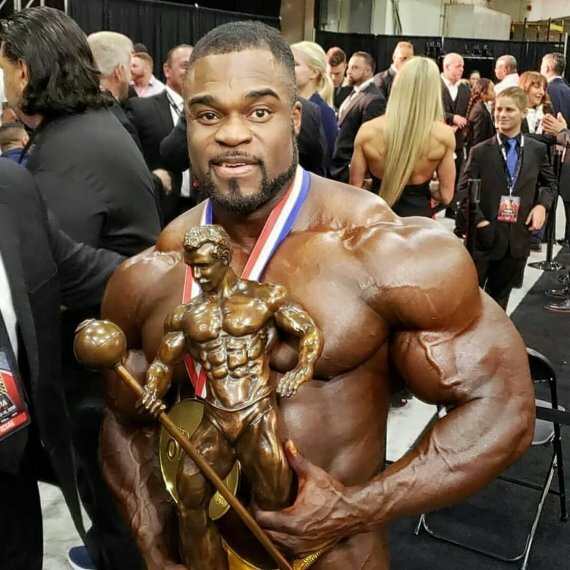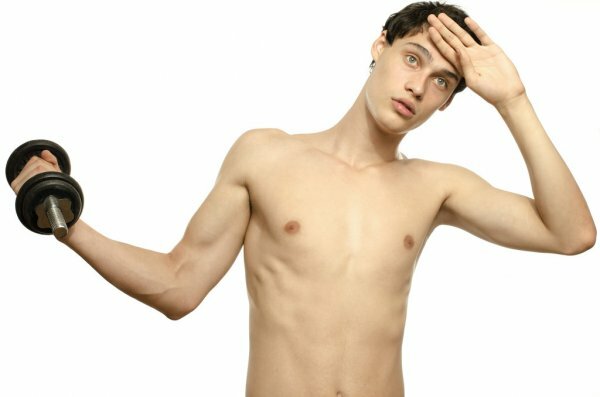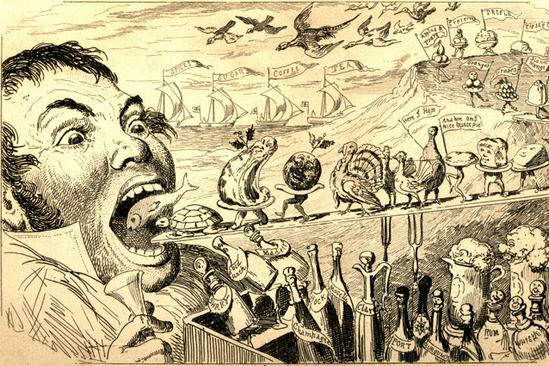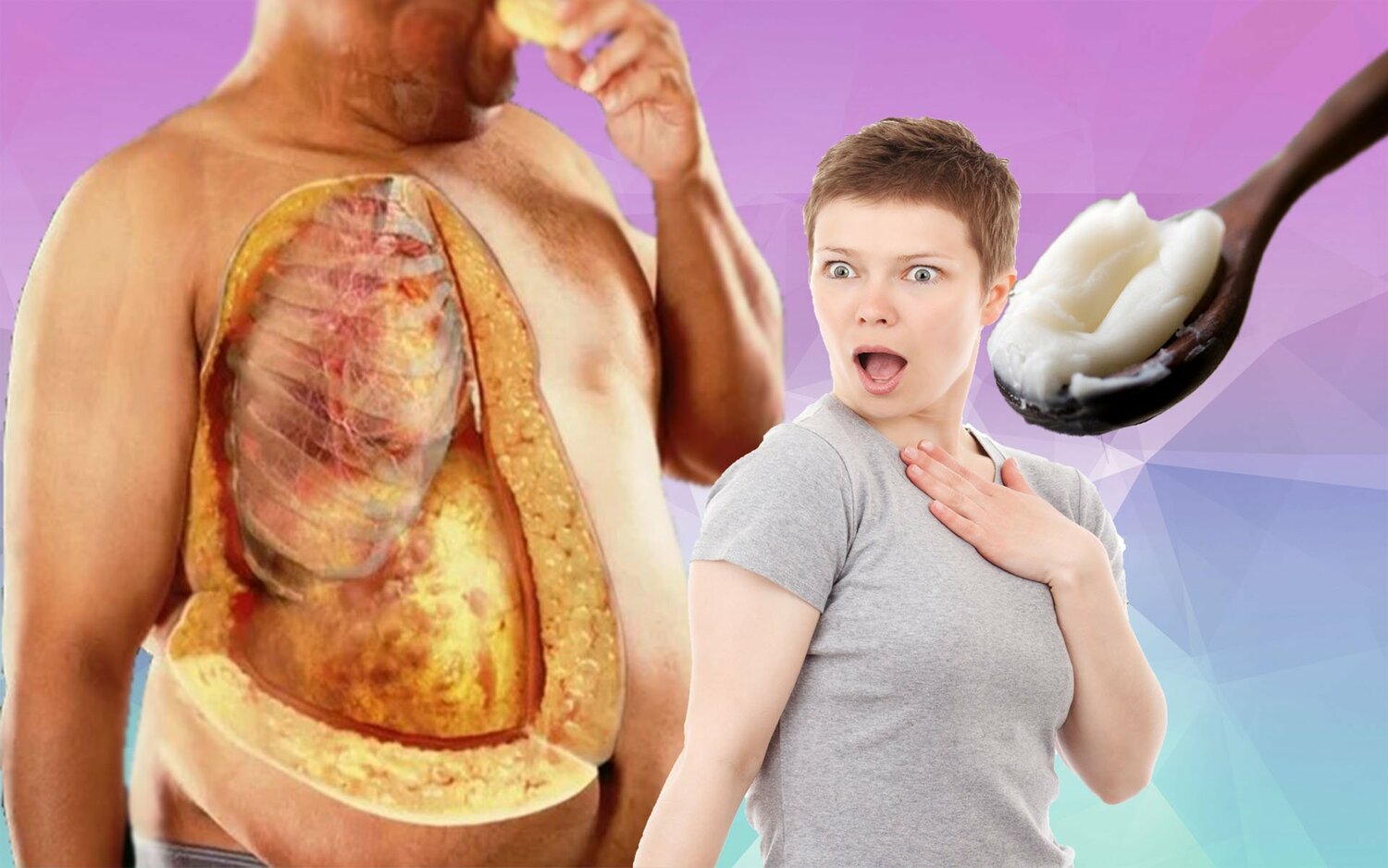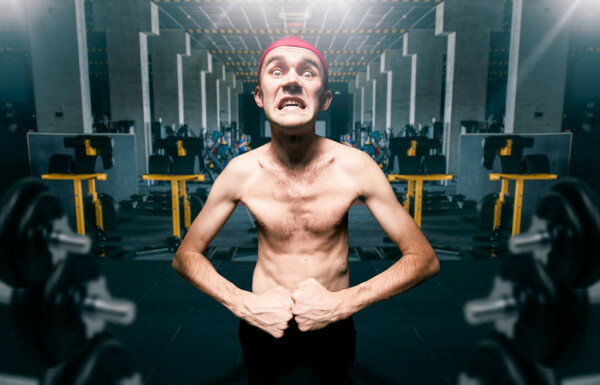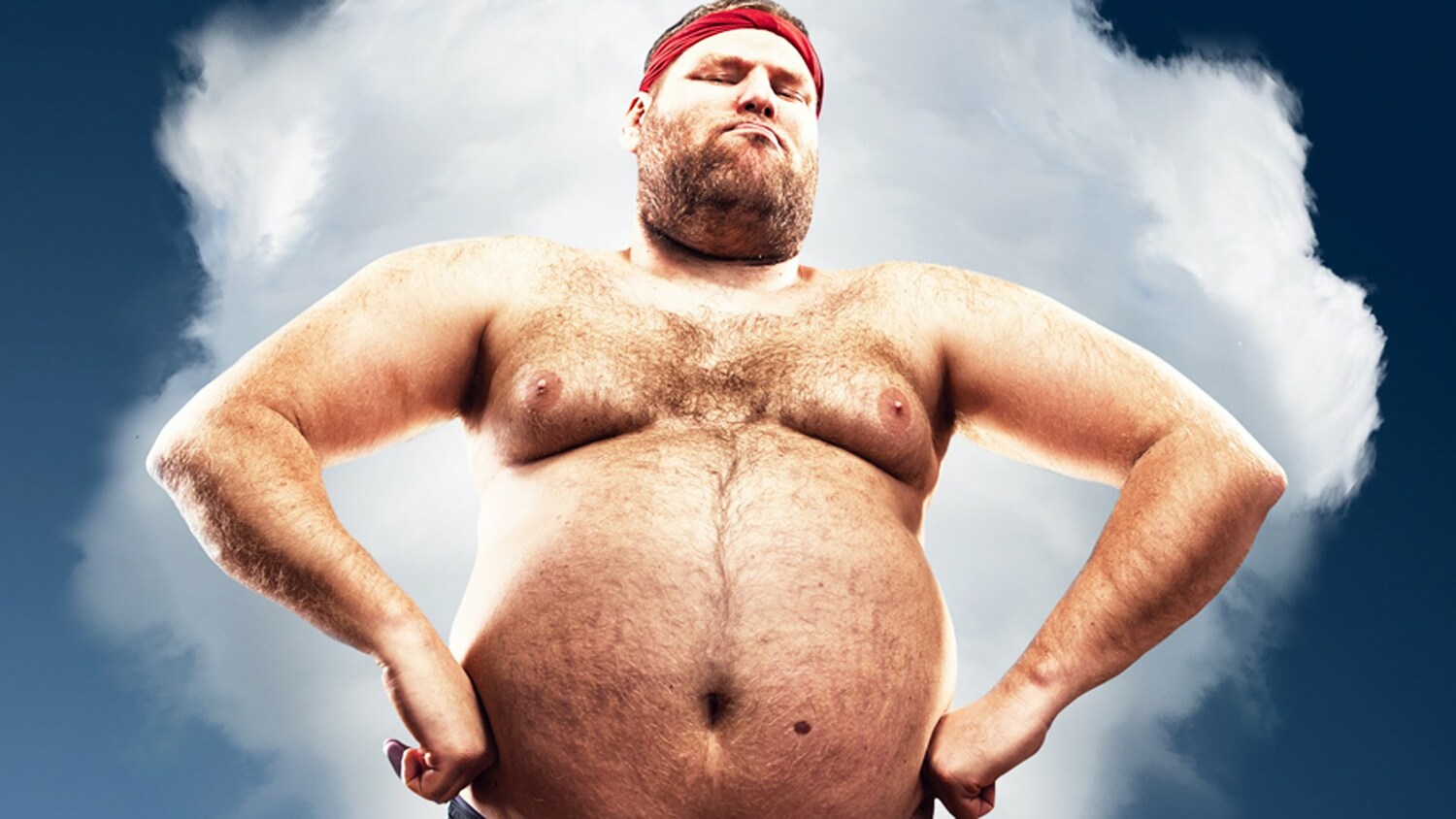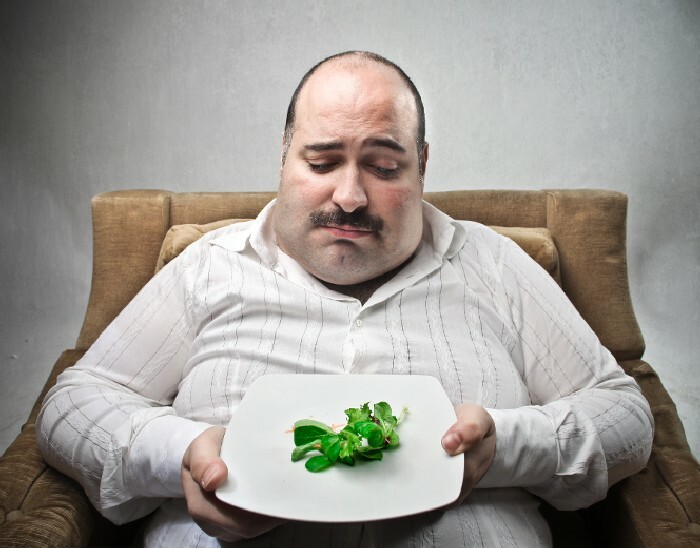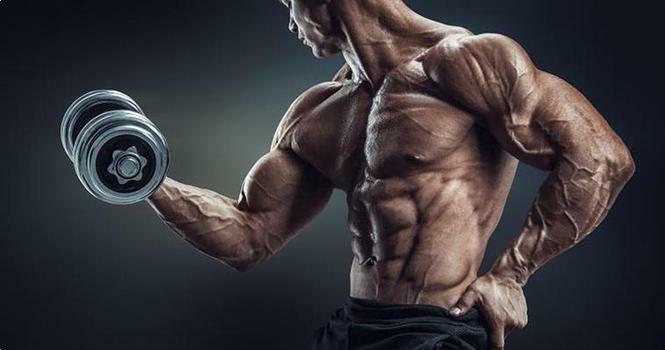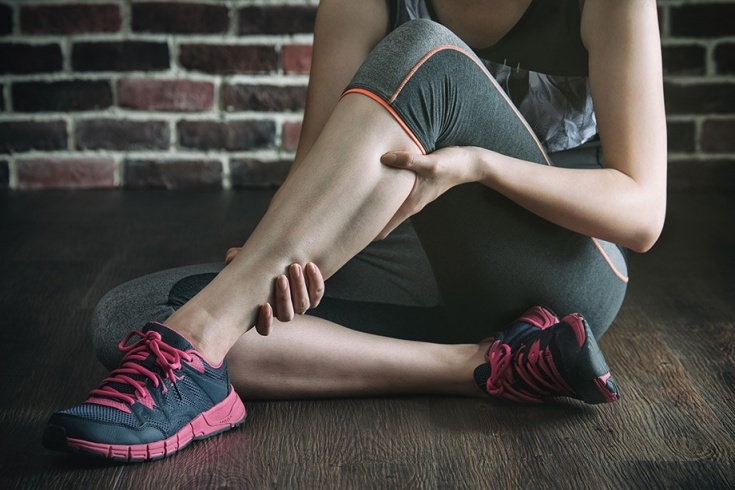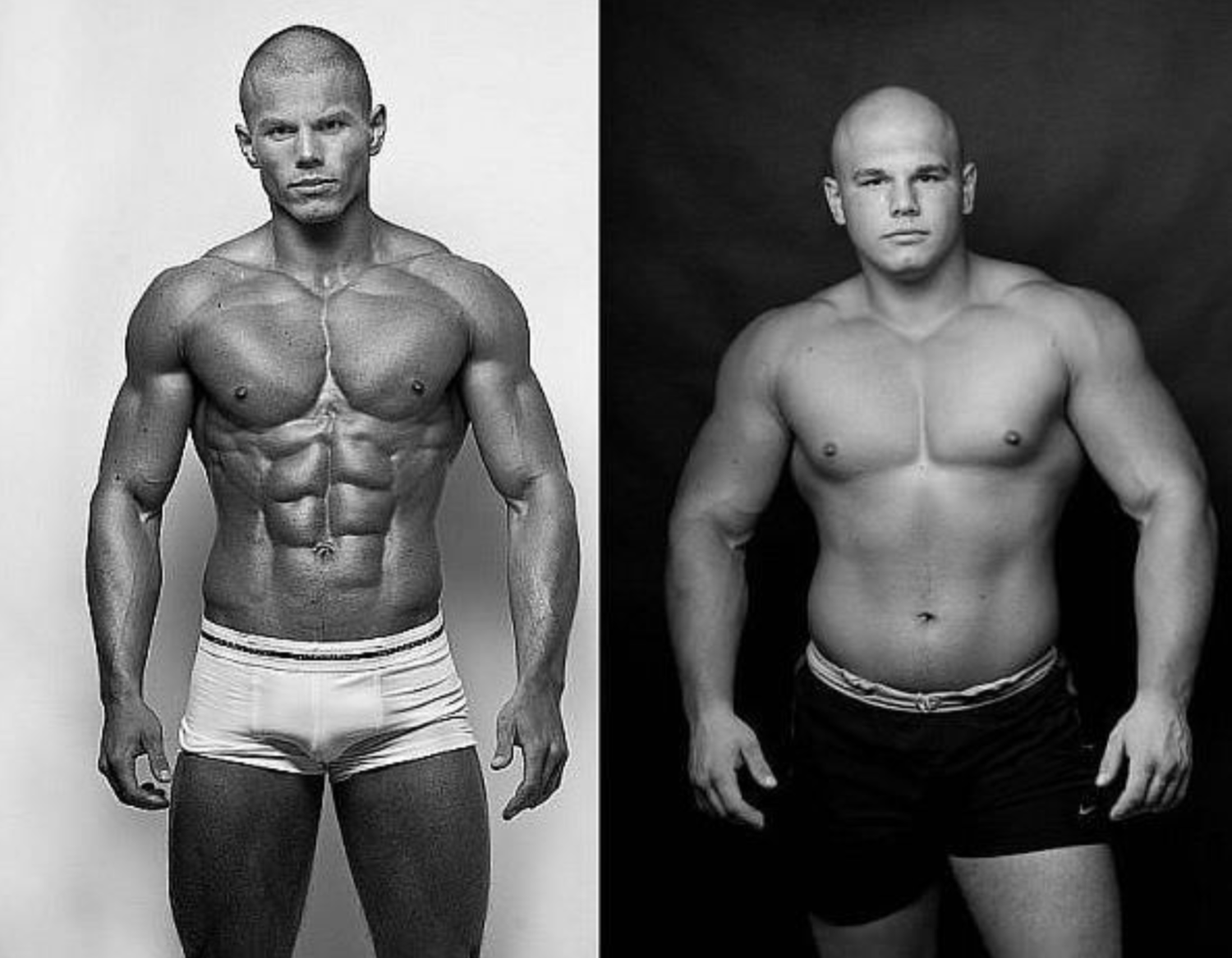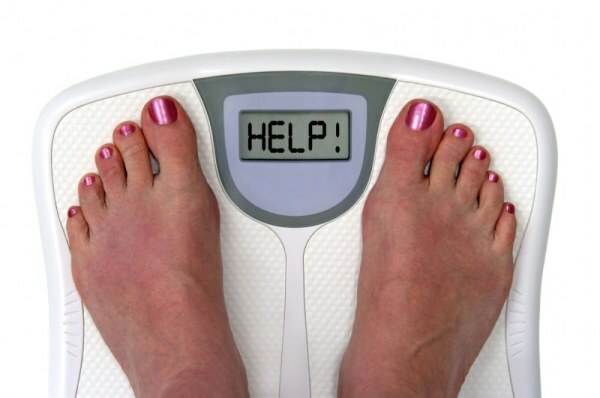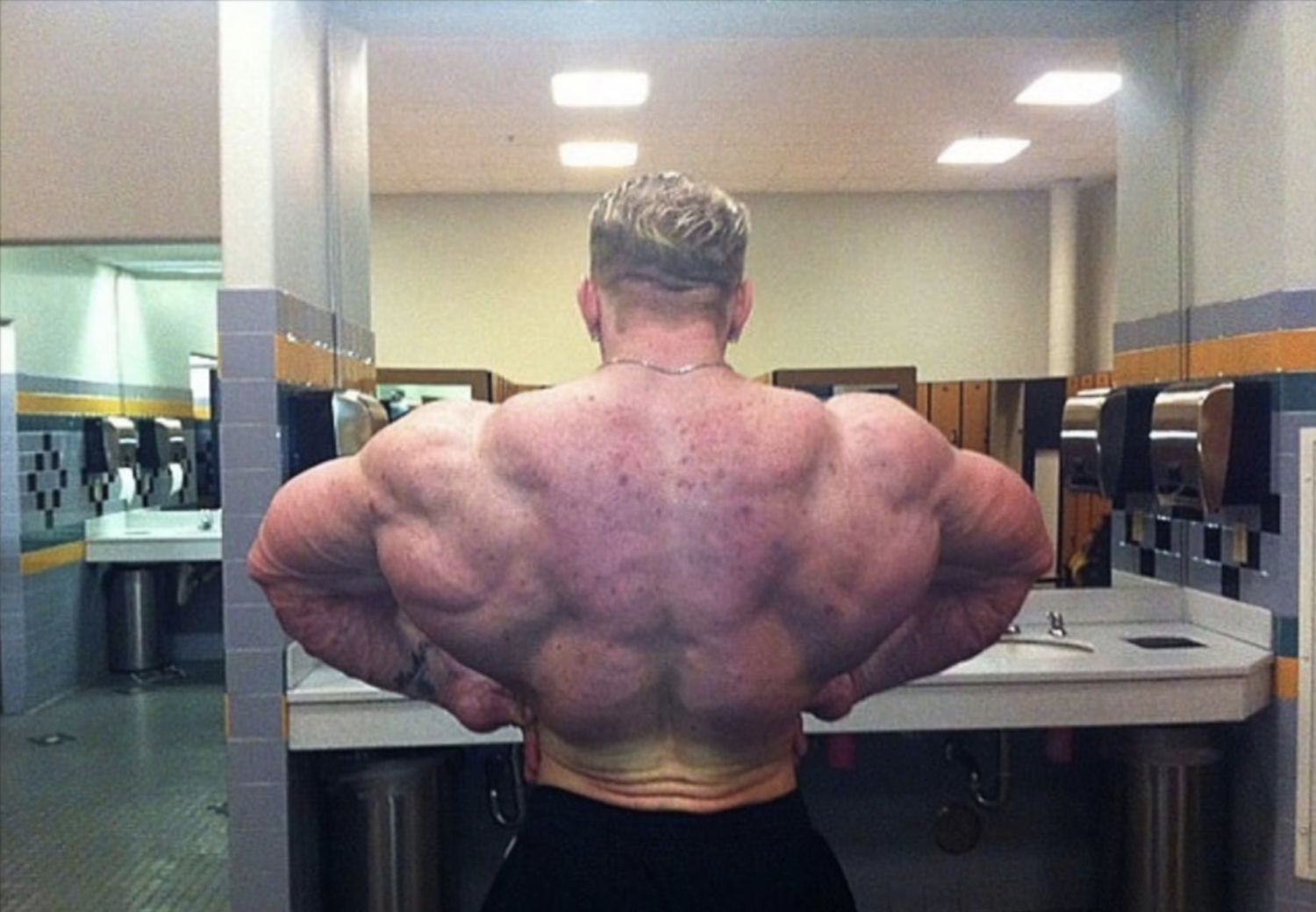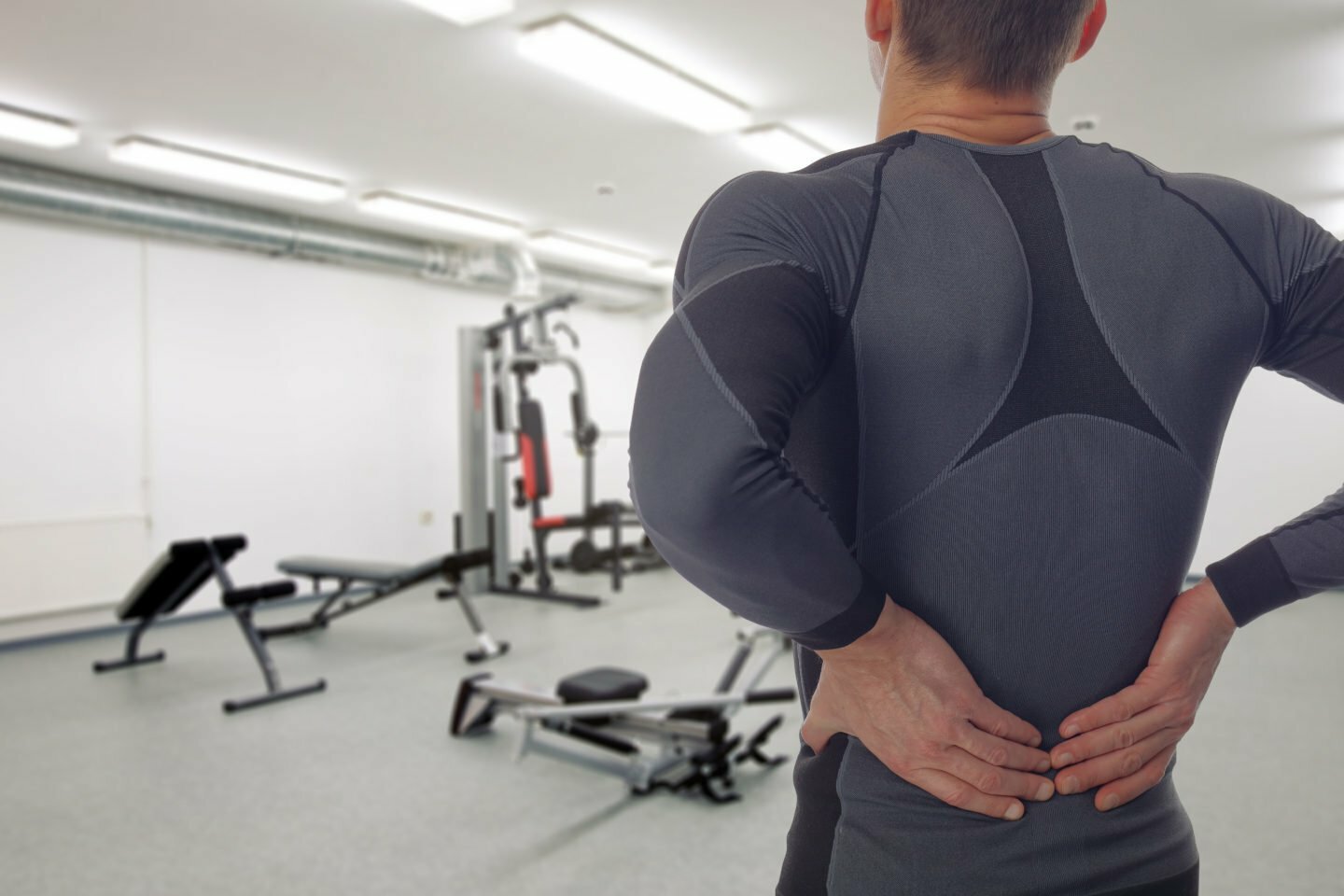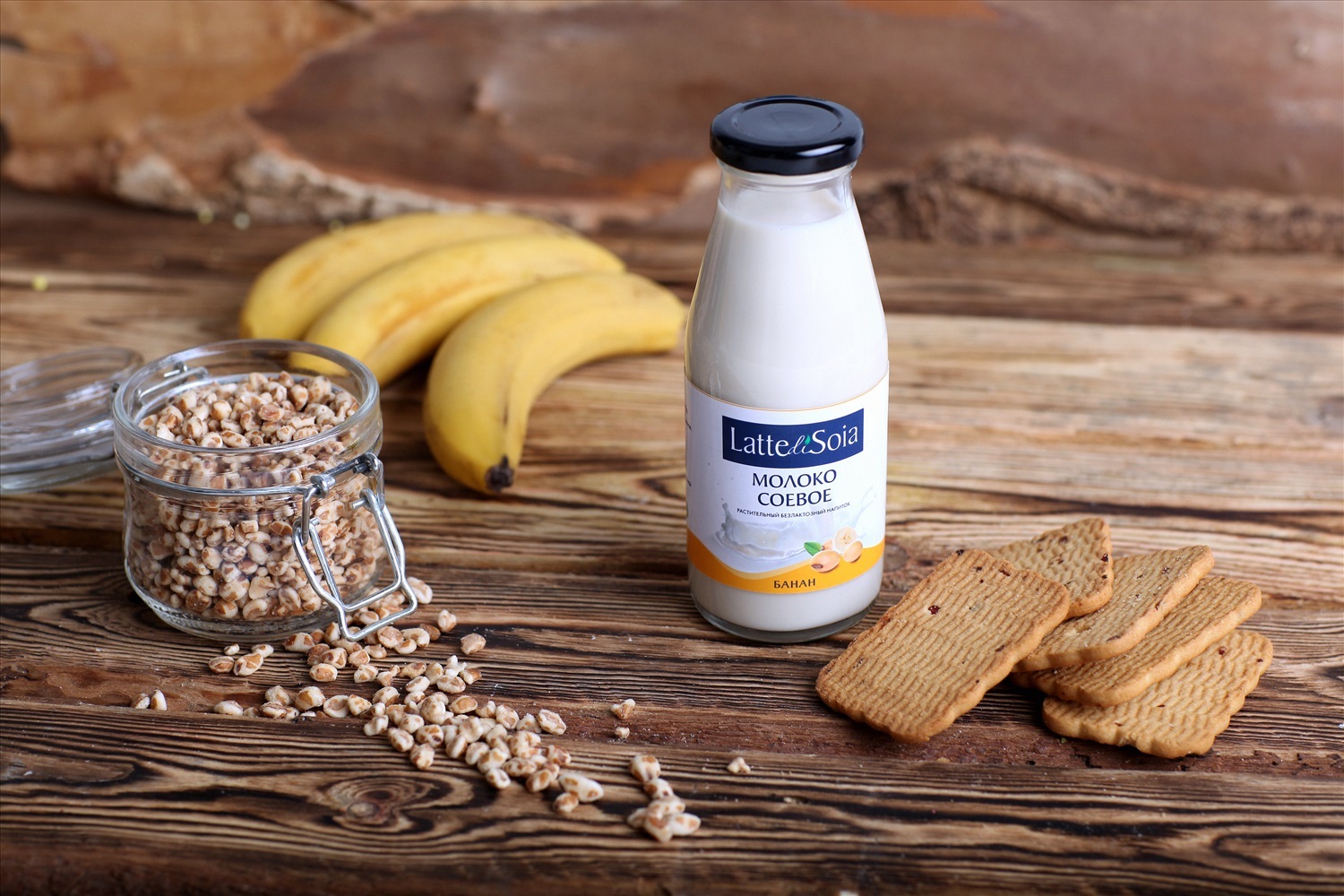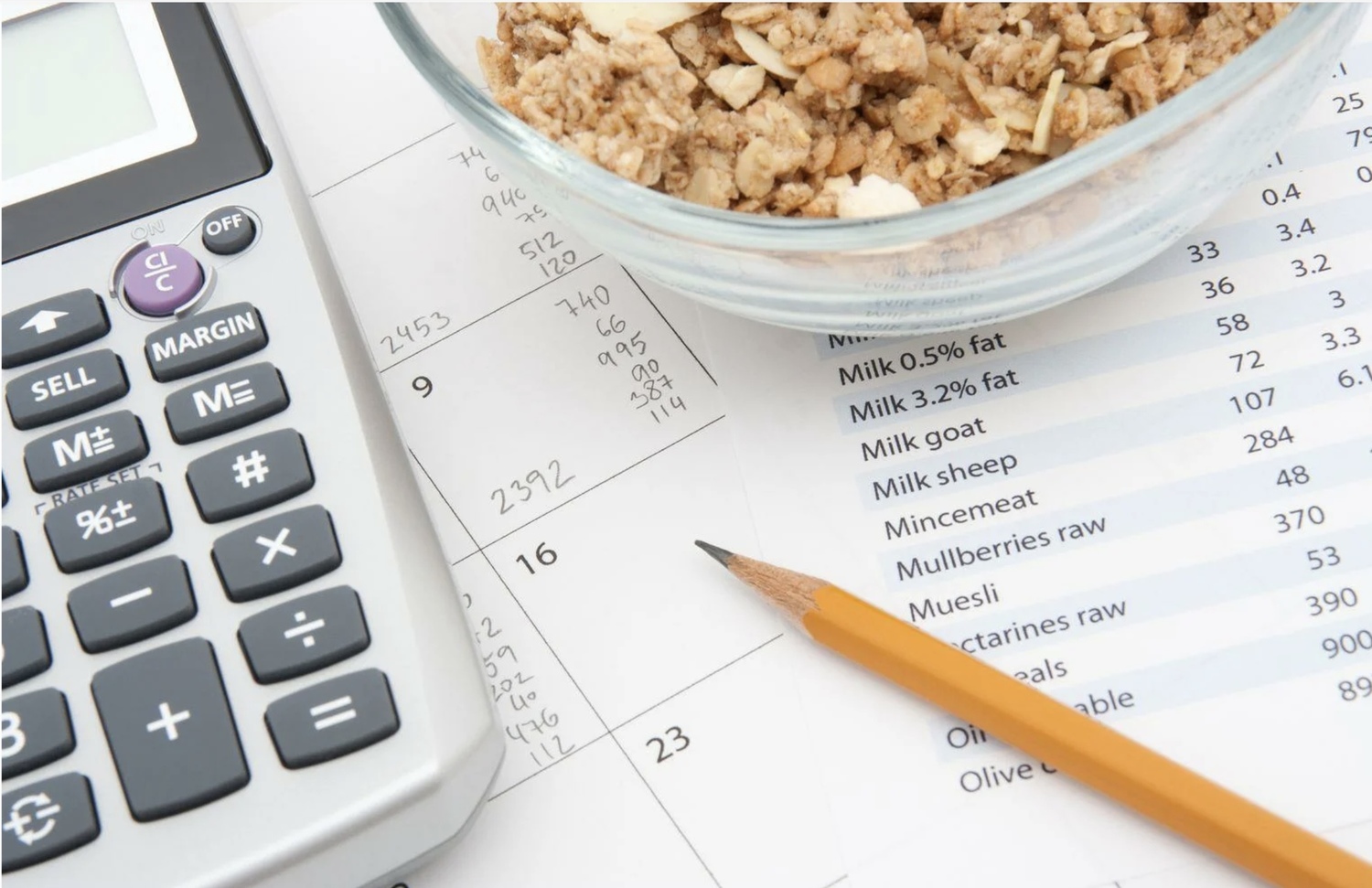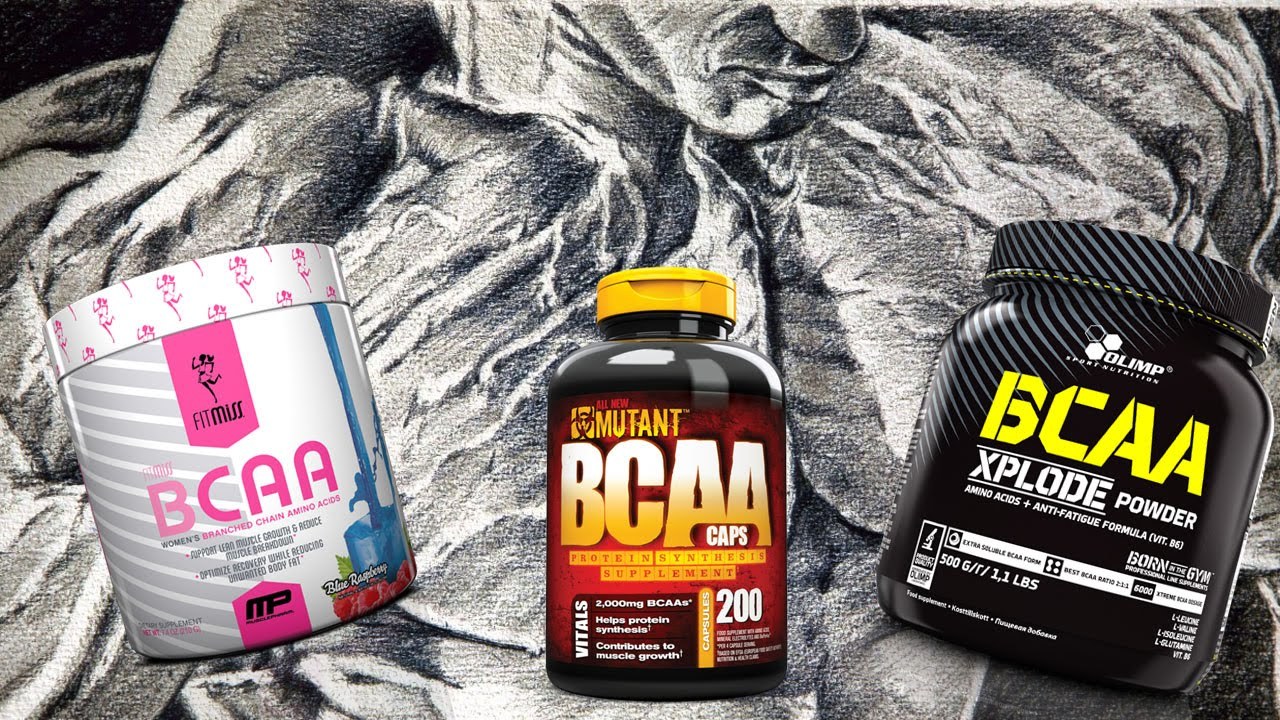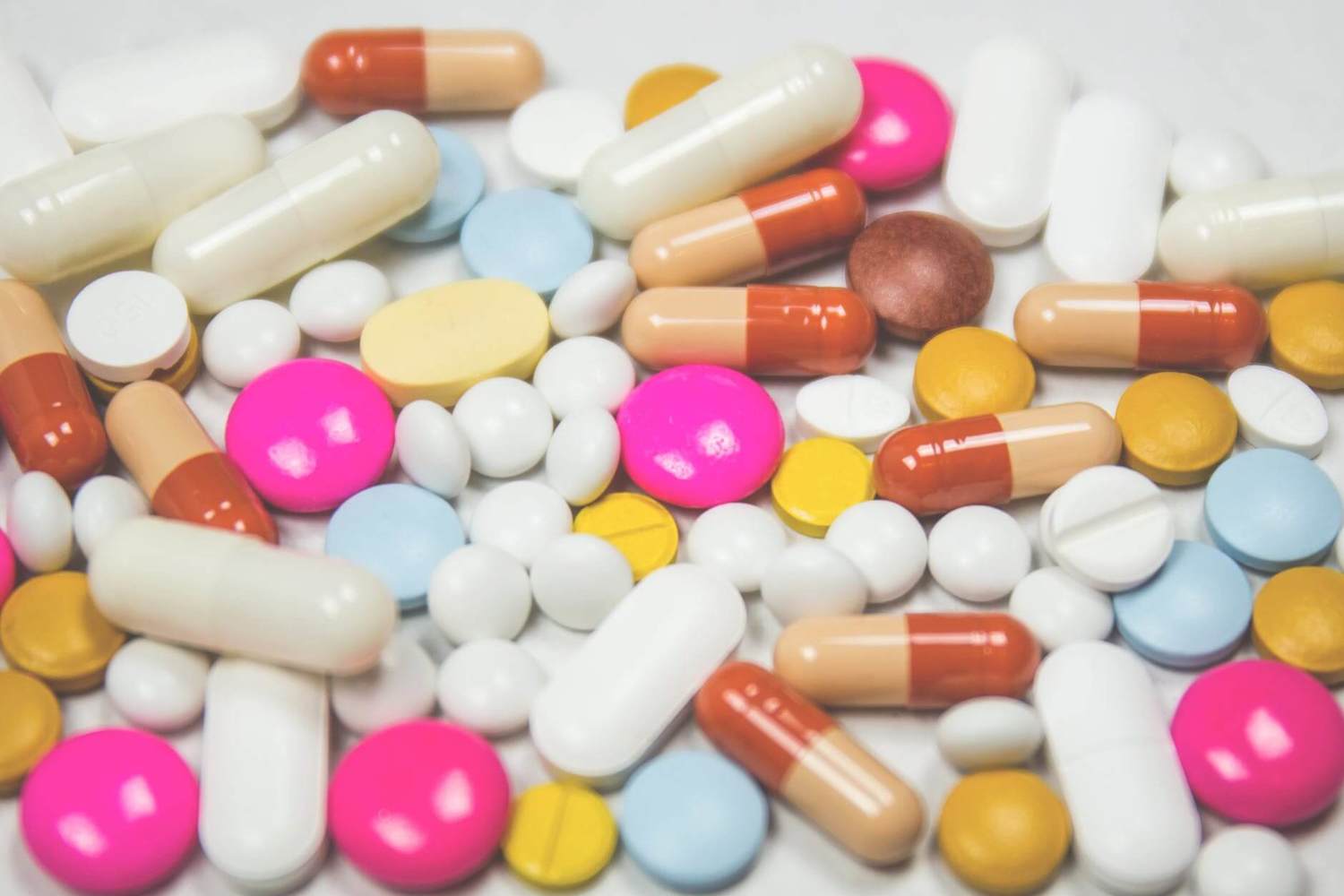 Scientific Analysis of Boldenone Counterfeiting: How ATD Became the Main Deception on the Black Market
Scientific Analysis of Boldenone Counterfeiting: How ATD Became the Main Deception on the Black Market
As you know, I've been working as an online trainer for more than 10 years, and lately I've been increasingly encountering the same problem: guys who buy pharma independently complain about strange symptoms, and their tests after a cycle of so-called "boldenone" show a sharp drop in estradiol levels, down to zero values.
The situation is aggravated by the fact that sellers from dubious shops actively convince buyers that boldenone is supposed to lower estradiol. However, having medical education, I understand that this is biochemically impossible—real Bold cannot produce such an effect. It became obvious that we're dealing with large-scale counterfeiting.
The problem is that under the guise of good old Boldenone, illegal manufacturers sell 1,4,6-androstatriene-3,17-dione—a substance known as ATD. This substitution is not just replacing one steroid with another, but fundamental deception, since ATD and boldenone are compounds with radically different effects on the body.
This problem has already become personal for me, as it constantly confuses my cycle control cards, while people themselves remain puzzled about why this happens. Therefore, I decided to conduct my own investigation to establish the real composition of these drugs and explain how they actually affect the body.
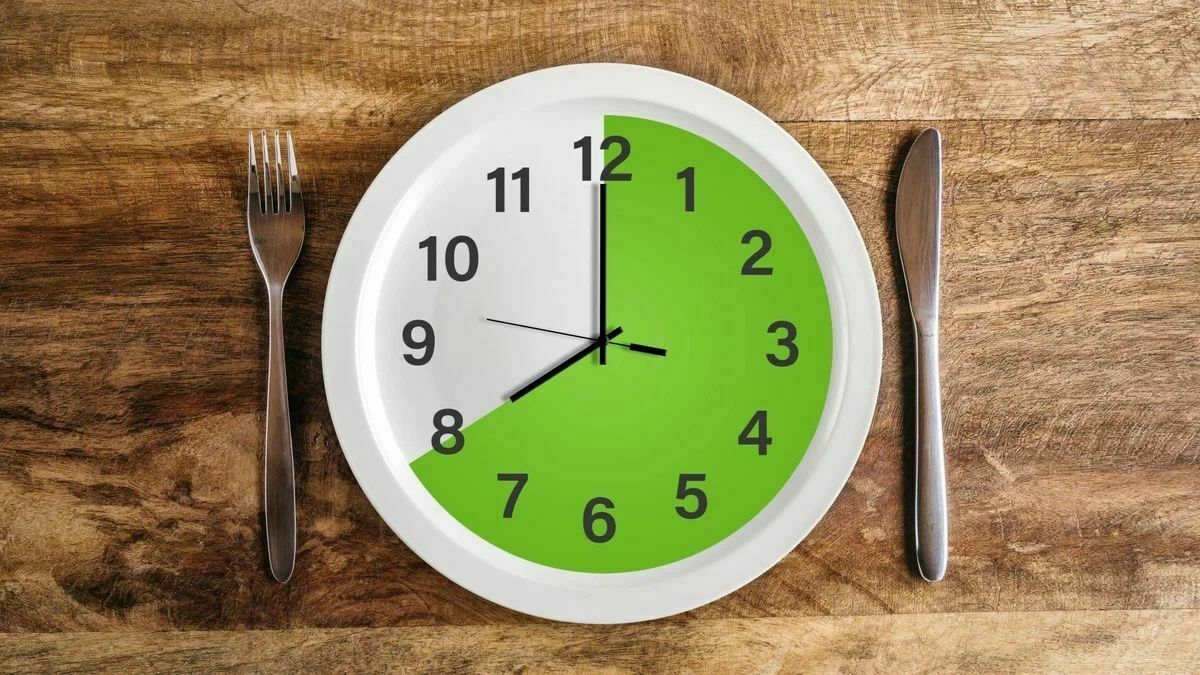 Here with you is your personal trainer Gregory Kandiba. I'm often asked about the benefits and effectiveness of intermittent fasting. This nutrition method has become a real trend in the fitness world, and many clients are interested in whether they should try 16/8, OMAD or other popular protocols. Over the years of my practice, I've seen both enthusiastic reviews from those who achieved quick results with this approach, and disappointment from those who encountered the "rebound effect" and metabolic slowdown. In this article, I decided to summarize current scientific data so you can make an informed decision about whether intermittent fasting is right for you and what its long-term consequences are.
Here with you is your personal trainer Gregory Kandiba. I'm often asked about the benefits and effectiveness of intermittent fasting. This nutrition method has become a real trend in the fitness world, and many clients are interested in whether they should try 16/8, OMAD or other popular protocols. Over the years of my practice, I've seen both enthusiastic reviews from those who achieved quick results with this approach, and disappointment from those who encountered the "rebound effect" and metabolic slowdown. In this article, I decided to summarize current scientific data so you can make an informed decision about whether intermittent fasting is right for you and what its long-term consequences are.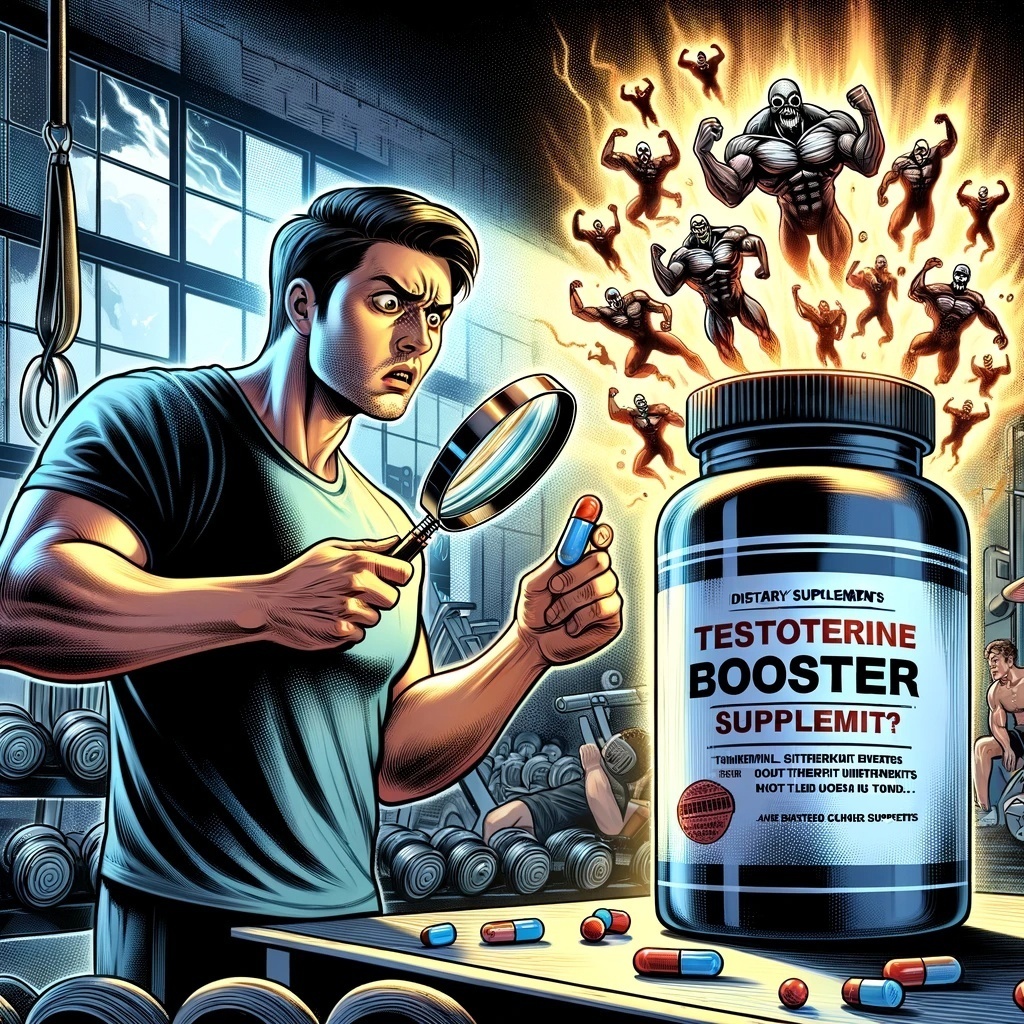 Recently I encountered one interesting problem. I was conducting post-cycle therapy (PCT) for my client who had been on a pharmacological cycle for almost a year. He had previous cycles and successful PCTs before. All indicators recovered without problems—LH, FSH, total testosterone and so on down the list—everything returned to wonderful reference range. But this time something went wrong...
Recently I encountered one interesting problem. I was conducting post-cycle therapy (PCT) for my client who had been on a pharmacological cycle for almost a year. He had previous cycles and successful PCTs before. All indicators recovered without problems—LH, FSH, total testosterone and so on down the list—everything returned to wonderful reference range. But this time something went wrong...